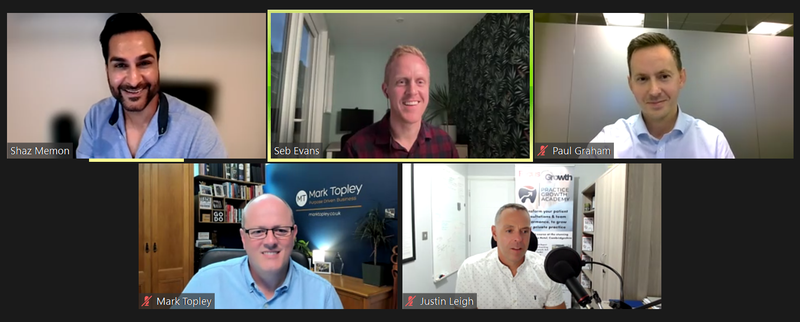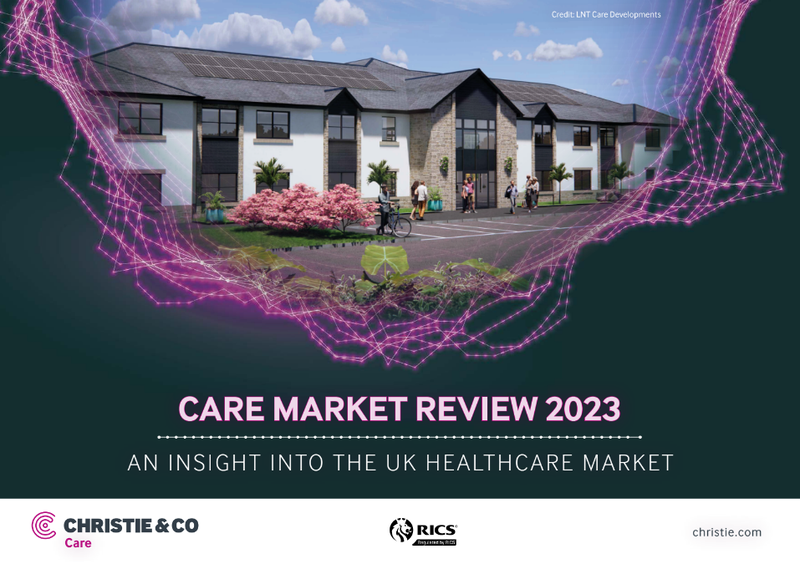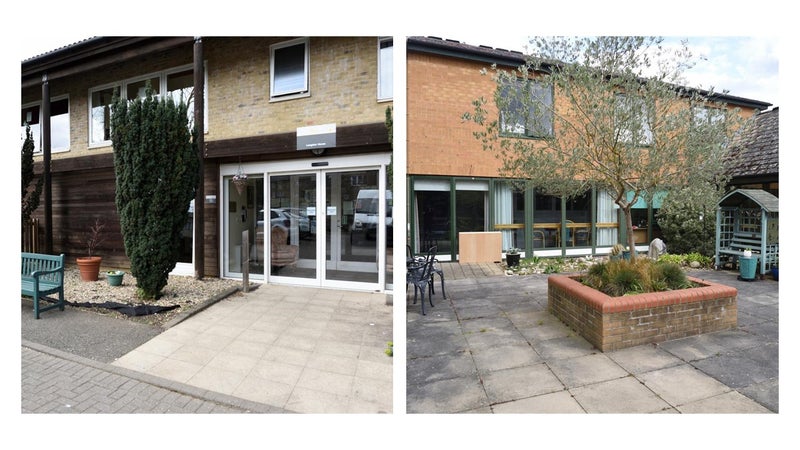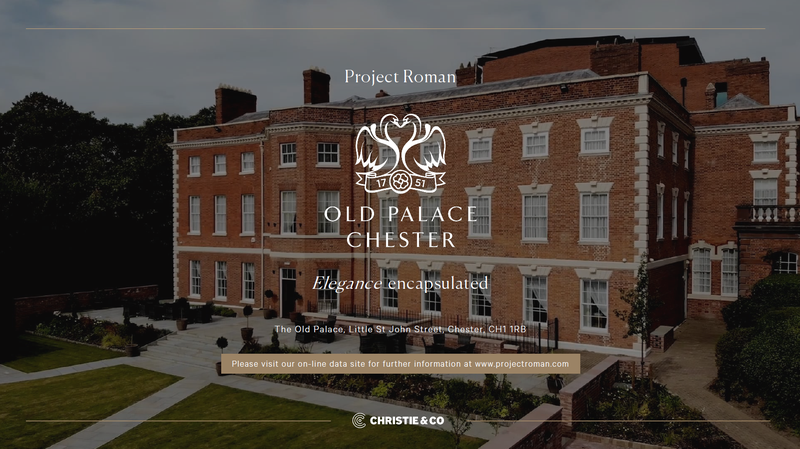A changing landscape for the dental sector
The dental market in 2018 has begun where 2017 left off, with strong demand for good quality, profitable practices in most locations.
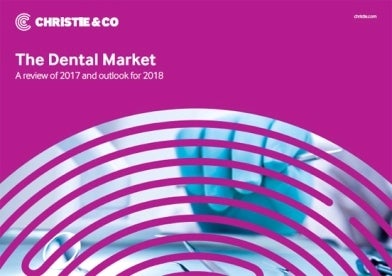
Specialist dental property adviser Christie & Co expects these positive trends to continue in the upcoming year, as outlined in its recent report ‘The Dental Market – A review of 2017 and outlook for 2018’.
One of the report’s highlights was an increase in prices paid for dental practices of 12.3% in 2017 following an increase of 14.9% which Christie & co reported in 2016. The traditional ‘hotspots’ of London and the south east, the Midlands and North West were areas in greatest demand and those where the recruitment of suitable Associates was less of a challenge.
With a different system for delivering NHS dentistry, Scotland is emerging as a key market with buyers able to find better returns as prices are still lower generally than south of the border.
Christie & Co estimates that approximately 500 separate transactions completed in the market last year, excluding large M&A activity. Its dental brokerage team completed over £90m of transactions including the sale of Avsan Holdings, a group of 16 practices in England and Scotland, and London-based Metrodental.
Market consolidation began across continental Europe with Jacobs Holding’s acquisitions, in quick succession, of Southern Dental, the UK’s fourth largest UK corporate, Colosseum Dental in Sweden, Swiss Smile and further portfolios in Finland and Italy. The spike in interest from private equity investors in the UK in recent years led to investments by August Equity in Genesis and by CBPE in Rodericks.
Simon Hughes, Managing Director – Medical at Christie & Co comments, “The dental sector is now firmly established as a serious business for investors. However it is not without its challenges, not least the shortage of experienced, quality dentists and difficulties in recruiting which has a direct impact on the performance of NHS contracts. It’s not completely clear whether this due to the delay of new NHS performer numbers, the early impact of Brexit, changing work patterns and demographics or a combination of these factors.
“If the cost of delivering dentistry increases, it will put upward pressure on pay scales, leading to margin erosion and ultimately damage the profitability of the sector. For some insight on the current challenges, our research and consultancy team will be publishing a study of the dental labour market in the first half of 2018, detailing a number of key, related trends.”
